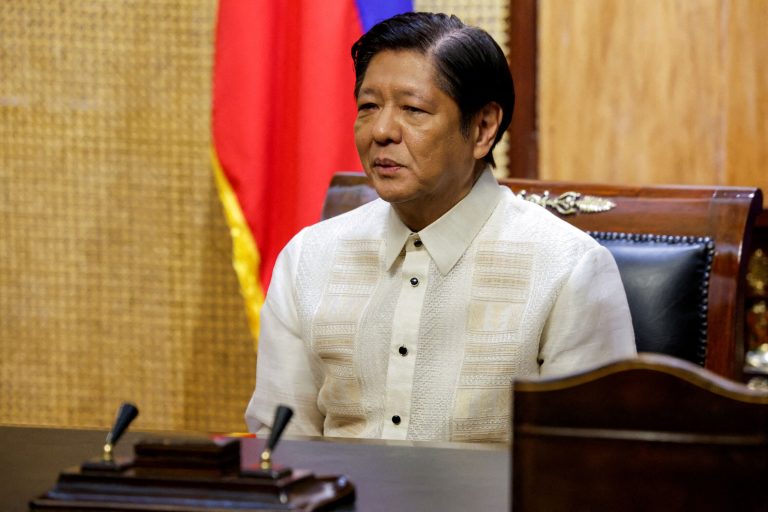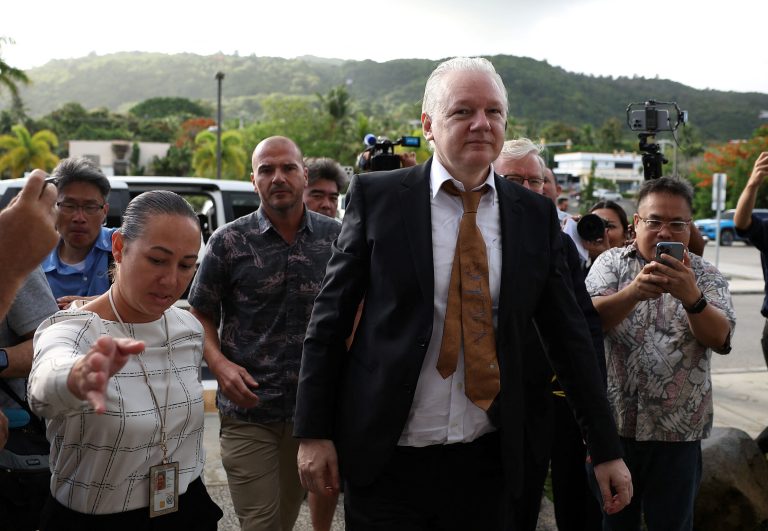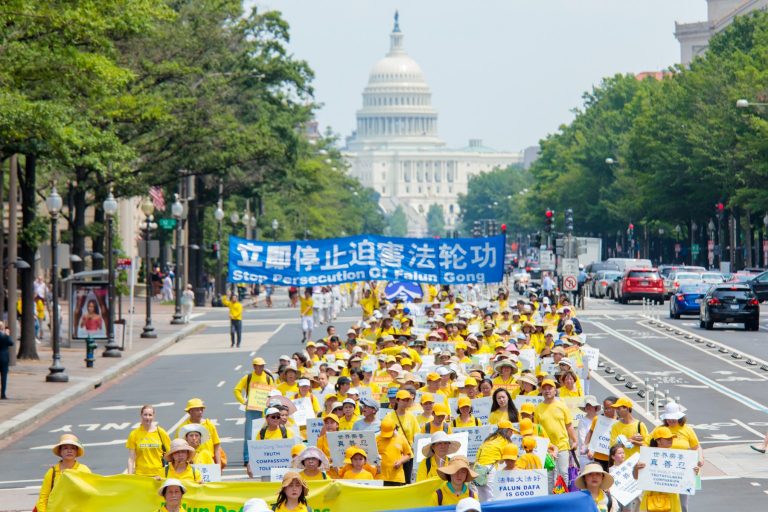On May 29, Philippines President Ferdinand Marcos Jr said the new rules outlined by the People’s Republic of China coast guard were an escalation and “worrisome”. The President said new regulations could result in the detention of foreigners in the South China Sea.
The PRC claims the entirety of the South China Sea as its own possession, with the Philippines and other countries denying this claim. Various clashes of increasing violence have occurred in the disputed region between Chinese and Philippine vessels.
The new rules would enforce a 2021 coast guard law, allowing detention of foreigners suspected of trespassing.
Marcos told reporters during a state visit to Brunei that “the new policy of threatening to detain our own citizens, that is different. That is an escalation of the situation.”
The Philippines “will use any point of contact with China to stop aggressive actions” and allow Filipino fishermen to fish in the South China Sea. If aggressive actions are managed, Marcos added, “then we can all go about our business in a peaceful way”.
Success
You are now signed up for our newsletter
Success
Check your email to complete sign up
Communist China routinely accuses vessels of trespassing in areas of the South China Sea that fall inside the exclusive economic zones of its neighbors, and has clashed repeatedly with the Philippines in the past year.
The PRC Ministry of Foreign Affairs said the rules aim to standardize law enforcement and better uphold maritime order.
- Chinese Coast Guard Ships Damaged Philippine Vessels With Water Cannons, Officials Say
- Chinese-Philippine Maritime Collision Injures 4, Sparking Tensions in Contested South China Sea
Foreign affairs ministry spokeswoman Mao Ning said in a regular press conference that “there is no need for any individual or entity to worry as long as there is no illegal behavior.”
She blamed the Philippines for the disputes, while adding that the door to dialogue in the South China Sea was still open.
Marcos has taken a tougher line than his predecessor over Beijing’s actions in the South China Sea, with support from the United States, Japan, and Australia.
The Chinese Communist Party insists historic records and ancient maps make clear that imperial Chinese dynasties held sovereignty over most of the sea and many islands there.
However, in 2016, an international arbitral tribunal said the vast claims had no basis under international law.
Reuters contributed to this report.







